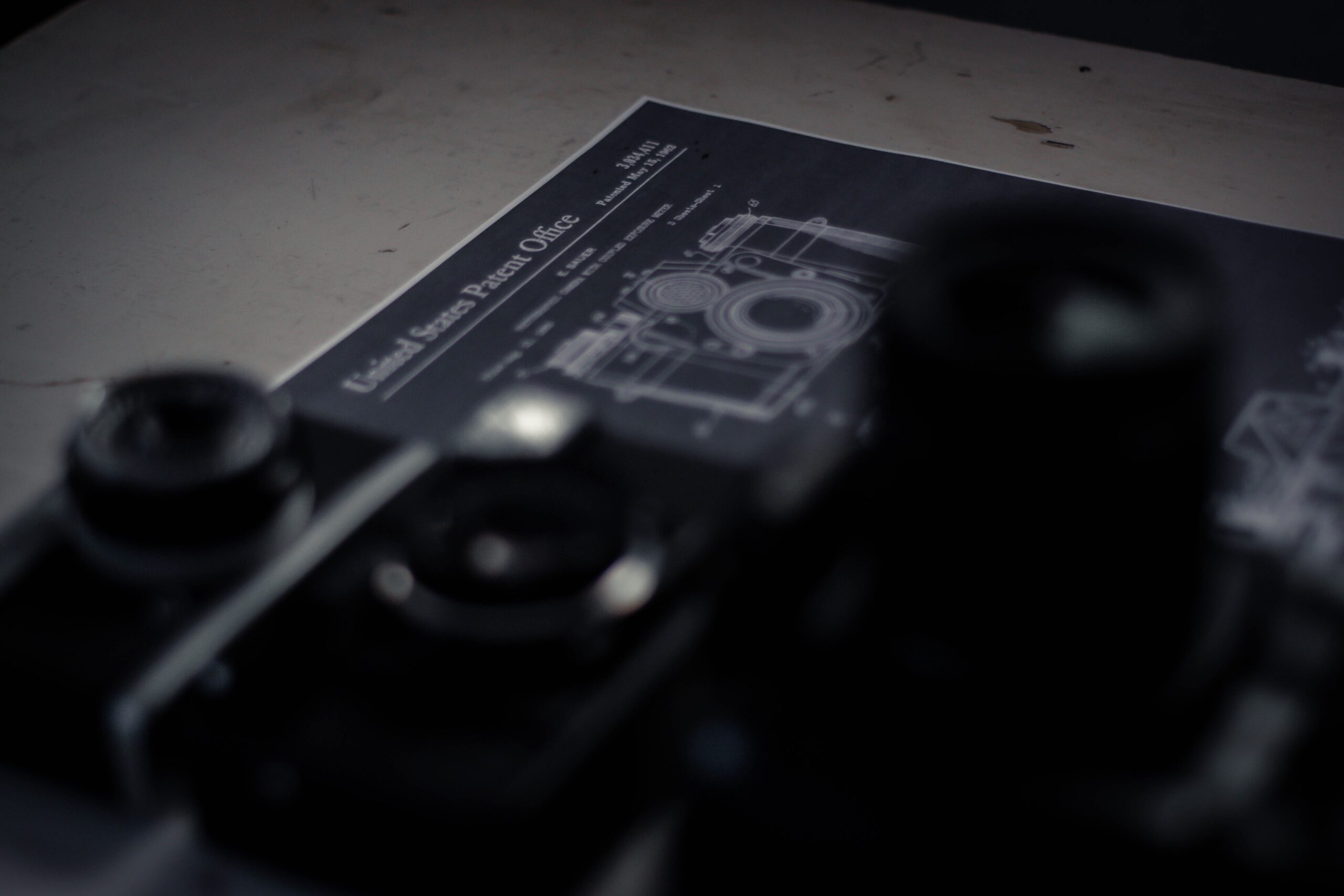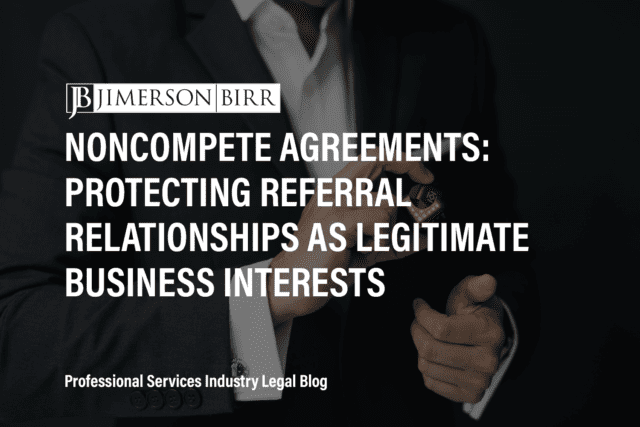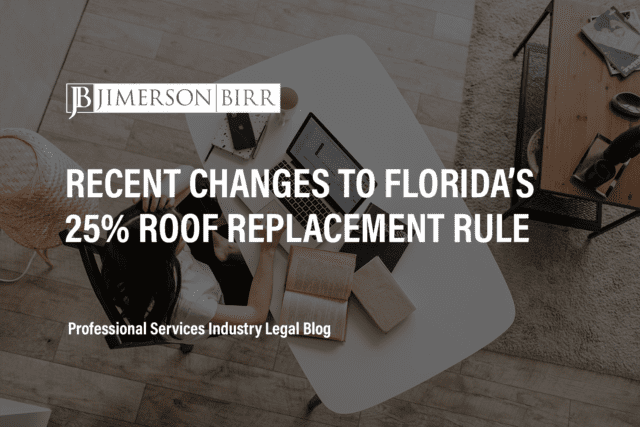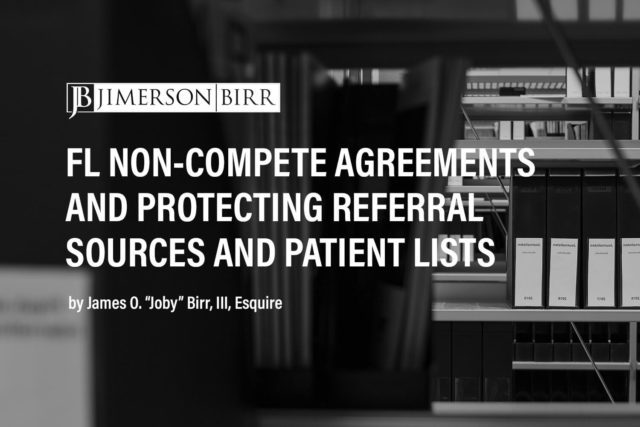What are patent rights?
Patent rights give inventors the exclusive right to make, use, and sell their inventions for a specified time. In the United States, including Florida, patent rights fall under federal jurisdiction, as the US Constitution grants Congress the power to protect intellectual property through patents Article I, Section 8, Clause 8. Consequently, the United States Patent and Trademark Office (USPTO) grants and regulates patents.
For example, suppose an inventor in Florida develops a novel machine. To acquire patent rights, the inventor must submit a patent application to the USPTO. During the auditing and monitoring process, the USPTO reviews the application to ensure the invention meets patentability requirements, such as novelty, non-obviousness, and utility. Once the USPTO grants the patent, the inventor holds exclusive rights to the invention for a predetermined period. To enforce these rights, the inventor may initiate litigation against any party that infringes on their patent, including seeking damages and an injunction to stop further infringement.
Need an intellectual property advocate? Schedule your consultation today with a top intellectual property protection attorney.
In Florida, which laws and regulations apply to protecting patent rights?
Though patent rights primarily follow federal law, Florida statutes, such as the Florida Uniform Trade Secrets Act, may offer additional protection for related intellectual property. The primary federal laws governing patent rights are the Patent Act (Title 35 of the United States Code) and its accompanying regulations, found in Title 37 of the Code of Federal Regulations.
Additionally, inventors in Florida must adhere to decisions made by federal courts, including the US Supreme Court and the US Court of Appeals for the Federal Circuit, which exclusively handles patent appeals. These judicial decisions interpret and apply the Patent Act and other federal laws, shaping patent rights and enforcement across the country.
What are the strategic benefits of protecting patent rights?
Effective navigation of intellectual property law enables the following for businesses:
- Exclusive rights: Acquiring patent rights grants inventors the exclusive right to make, use, and sell their inventions, preventing competitors from exploiting their ideas. This exclusivity can lead to competitive advantage and market dominance, fostering business growth.
- Revenue generation: A patented invention can generate revenue through licensing or selling the patent rights. Licensing agreements allow third parties to use the patented invention in exchange for royalties or other agreed-upon terms, creating a steady income stream.
- Attracting investment: A strong patent portfolio can attract investors, demonstrating a company’s commitment to innovation and protecting its intellectual property. Investors may view patent rights as valuable assets, increasing the likelihood of securing funding.
- Defensive strategy: By auditing, monitoring, and enforcing patent rights, companies can proactively identify potential infringement and take necessary legal action.
- Cross-licensing opportunities: Companies with extensive patent portfolios may engage in cross-licensing agreements with other businesses. These agreements can lead to mutually beneficial relationships, allowing companies to access complementary technologies and expand their product offerings.
When a set of facts is appropriate for legal intervention, there are many paths a claimant may take. We are value-based attorneys at Jimerson Birr, which means we look at each action with our clients from the point of view of costs and benefits while reducing liability. Then, based on our client’s objectives, we chart a path to seek appropriate remedies.
To determine whether your unique situation may necessitate litigation or another form of specialized advocacy, please contact our office to set up your initial consultation.
What patent rights issues commonly lead to intellectual property litigation?
The following issues commonly lead to litigation:
- Infringement: Patent infringement occurs when an unauthorized party makes, uses, or sells a patented invention. Patent owners may initiate litigation to protect their rights and seek compensation for damages, potentially leading to injunctions against the infringing party.
- Invalidity: Competitors may challenge the validity of a patent, arguing that the invention does not meet patentability requirements, such as novelty, non-obviousness, or utility. If successful, the patent can be invalidated, removing the exclusive rights previously held by the owner.
- Ownership disputes: Disagreements over patent ownership can arise between inventors, employers, and other parties involved in the invention process. Litigation may be necessary to resolve disputes and determine the rightful patent owner.
- Licensing disputes: Parties to a patent licensing agreement may have conflicts over royalty payments, license scope, or other contractual terms. Legal action may be required to enforce the agreement or seek damages for breach of contract.
- Failure to disclose Prior Art: Patent applicants must disclose relevant prior art to the USPTO. Failure to do so can lead to accusations of inequitable conduct, potentially invalidating the patent and resulting in litigation.
- Design patents: Disputes involving design patents, which protect the ornamental appearance of an object, can arise when competing products exhibit similar designs. Litigation may be necessary to determine if another party infringed upon the design patent or if the design is too generic to warrant protection.
Please contact our office to set up your initial consultation to see what forms of intellectual property protection may be available for your unique situation.
What actions should counsel take to protect patent rights effectively?
Counsel should consider the following to protect their clients:
- Conduct a thorough patent search: Counsel should first perform a comprehensive patent search to identify potentially conflicting patents and assess the strength of their client’s patent claims.
- Analyze potential infringement: Upon identifying possible infringement, counsel should analyze the scope of the alleged breach, including the extent to which the accused product or process utilizes the patented invention.
- Initiate cease-and-desist communications: Before engaging in litigation, counsel may send a cease-and-desist letter to the alleged infringer detailing the infringement and requesting immediate cessation of the infringing activities.
- Evaluate settlement options: Counsel should assess the possibility of resolving disputes through negotiation or alternative dispute resolution methods, such as mediation or arbitration, which can be more cost-effective and suitable than litigation.
- Prepare for litigation: If negotiations fail, counsel must prepare a solid litigation strategy, including gathering evidence, engaging expert witnesses, and developing persuasive legal arguments based on relevant federal and Florida statutes.
Frequently Asked Questions
- Can a patent holder enforce their patent rights against infringers outside of Florida?
Yes, patent holders can enforce their rights against infringers outside Florida. Patent rights are granted under federal law, specifically by the United States Patent and Trademark Office (USPTO). Thus, patent infringement lawsuits can be filed in federal courts with jurisdiction over the alleged infringer, regardless of location.
- How long does a patent holder have to enforce their rights against an alleged infringer?
A patent holder must enforce their rights within the statute of limitations, typically six years from the date of infringement under 35 USC § 286. However, this time limit may vary depending on the patent type, the breach’s nature, and ongoing licensing negotiations.
- What remedies are available to a patent holder in an infringement lawsuit?
In a successful patent infringement lawsuit, a patent holder may receive remedies such as monetary damages, injunctions to stop the infringing activities, and, in some cases, attorney’s fees. Monetary damages can include lost profits, reasonable royalty fees, or both. Additionally, a court may award treble damages for willful infringement in exceptional circumstances.
Have more questions about how intellectual property protection could impact your business?
Crucially, this overview of protecting patent rights does not begin to cover all the laws implicated by this issue or the factors that may compel the application of such laws. Every case is unique, and the laws can produce different outcomes depending on the individual circumstances.
Jimerson Birr attorneys guide our clients to help make informed decisions while ensuring their rights are respected and protected. Our lawyers are highly trained and experienced in the nuances of the law, so they can accurately interpret statutes and case law and holistically prepare individuals or companies for their legal endeavors. Through this intense personal investment and advocacy, our lawyers will help resolve the issue’s complicated legal problems efficiently and effectively.
Having a Jimerson Birr attorney on your side means securing a team of seasoned, multi-dimensional, cross-functional legal professionals. Whether it is a transaction, an operational issue, a regulatory challenge, or a contested legal predicament that may require court intervention, we remain tireless advocates at every step. Being a value-added law firm means putting the client at the forefront of everything we do. We use our experience to help our clients navigate even the most complex problems and come out the other side triumphant.
If you want to understand your case, the merits of your claim or defense, potential monetary awards, or the amount of exposure you face, you should speak with a qualified Jimerson Birr lawyer. Our experienced team of attorneys is here to help. Call Jimerson Birr at (904) 389-0050 or use the contact form to schedule a consultation.


We live by our 7 Superior Service Commitments
- Conferring Client-Defined Value
- Efficient and Cost-Effective
- Accessibility
- Delivering an Experience While Delivering Results
- Meaningful and Enduring Partnership
- Exceptional Communication Based Upon Listening
- Accountability to Goals











